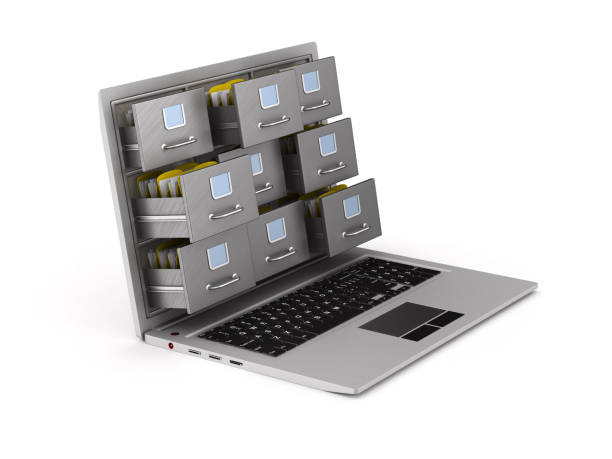Electronic Filing System in North Carolina – eCourts

Electronic filing, or eFiling, has become an integral part of modernizing the legal system across the United States. North Carolina, like many other states, is in the process of implemented eFiling to enhance the efficiency and accessibility of its legal processes.
Harnett, Johnston, Lee, and Wake County are the four trial counties in which the North Carolina courts have transitioned from paper to electronic filing. The next one in line will be Mecklenburg County starting on Monday, October 9, 2023. The plan is to have all 100 North Carolina Counties live by the end of 2024.
Once eFiling is implemented in a county, attorneys and individuals as well, are required to use the eFiling system. In order to do so, one needs to register for an account.
Users need to have a high-speed internet connection and need to file their documents in the format of Adobe® PDF.
The new case management system utilizes Tyler Technologies’ Odyssey suite.
Tyler Technologies on their website promotes their system as follows: “We have a proven history of rapid implementation and a client base with a track record of successful innovation to expand access to justice, empower legal professionals with helpful tools, and facilitate collaboration across justice partners.”
Despite the potential benefits of eFiling, there are several challenges to be expected:
- Technical Issues: Technical glitches, such as system outages, slow response times, and difficulties uploading documents.
- User Training: Inadequate training and user education may hinder the effective use of the eFiling system.
- Accessibility Barriers: Some users, particularly those without reliable internet access or with disabilities may face challenges in accessing and using the eFiling system.
- Security Concerns: In the light of the latest cyberattacks that disrupted several casinos in Las Vegas, concerns about data security, including the protection of sensitive legal information are prevalent.
The website of the North Carolina Judicial Branch list the following benefits f eCourt:
- Provides 24/7 statewide service to all Judicial Branch employees, attorneys, and public users
- Provides web-based access to court records and documents
- Streamlines court administration
- Provides greater case management ability
- Enhances disaster recovery (fire and flooding)
- Reduces paper forms
- Increases access to justice and the courts
- Facilitates remote testimony through increased audio/video capabilities
- Out of town witnesses, experts, and other witnesses can testify virtually
- Law enforcement can appear virtually for testimony or warrant applications
- Victims of violence or abuse can testify virtually, reducing the trauma of being in the same room as their abuser
- Inmates can appear virtually reducing travel and costs and safety concerns for sheriffs and corrections officials
By Jana H. Collins
